- 20
- 12月
cement block machine
One of our signature products is the fully automatic cement block machine, capable of producing different types of blocks, such as hollow blocks, solid blocks, Kerb blocksand paving blocks. This machine is highly automated, making it easy to operate and maintain while achieving a high output rate. It is also equipped with a pallet feeder, brick conveyor, and hydraulic system for efficient handling and production.
For those in need of a more versatile machine, we also offer the semi-automatic block machine, which allows for manual control and adjustment of operations. This machine is ideal for small-scale production and can produce various sizes and shapes of concrete blocks.
Equipped with a sturdy steel frame and a powerful motor, our block making machines can easily produce up to 10557 of blocks per hour, saving you time and labor costs. It has a versatile mold configuration that can manufacture a variety of block types and sizes, from standard Kerb blocks to interlocking and Roadside barrier installation.
One of the popular models is the QT4-15 cement block machine, which has a production capacity of 800-1152 blocks per hour. It is equipped with an automatic control system and hydraulic components, making it easy to operate and maintain. The machine is also designed with a vibrating system, ensuring the even distribution of materials for consistent block quality. Its compact design allows for space-saving installation, making it suitable for both small and large scale production.
In terms of parameters, the QT4-15 cement block machine can produce standard bricks, hollow blocks, and other custom shapes with adjustable mold height and vibration frequency. It also has a hopper size of 800x800mm and a conveyor belt for efficient material feeding. Additionally, it has a power output of 24.5kw, ensuring high production speed and energy efficiency.
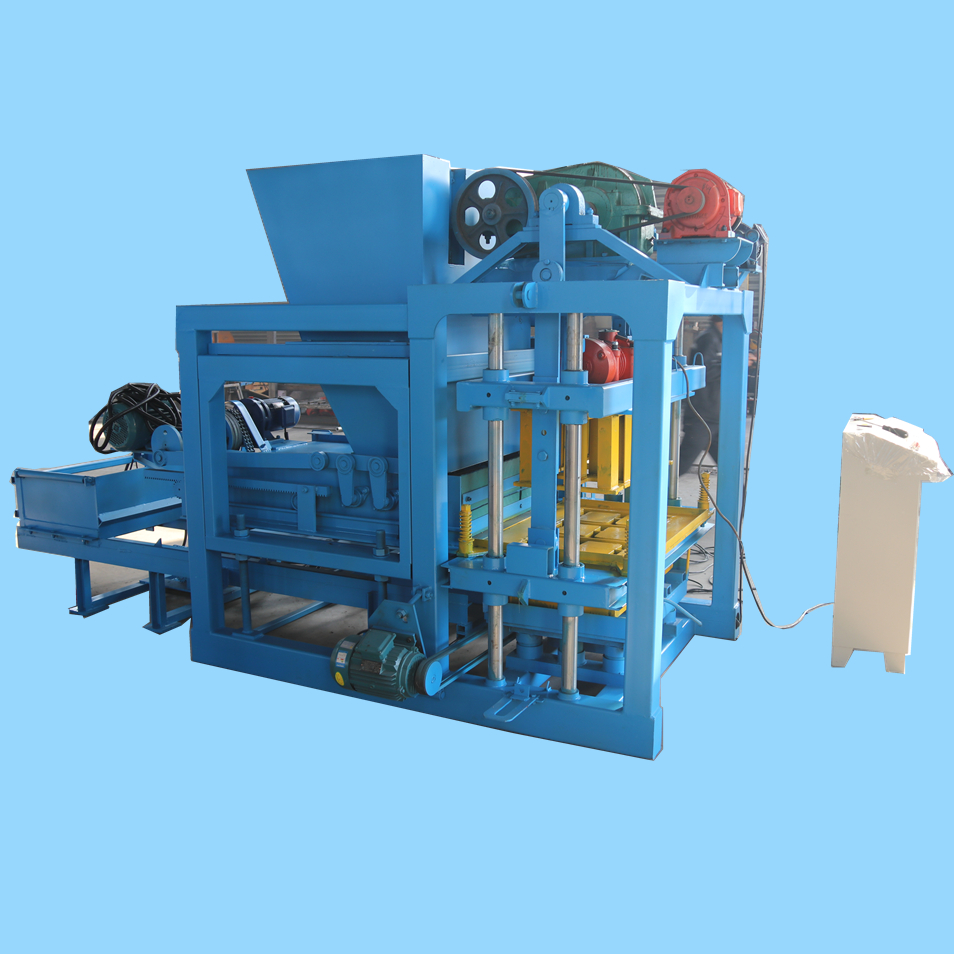
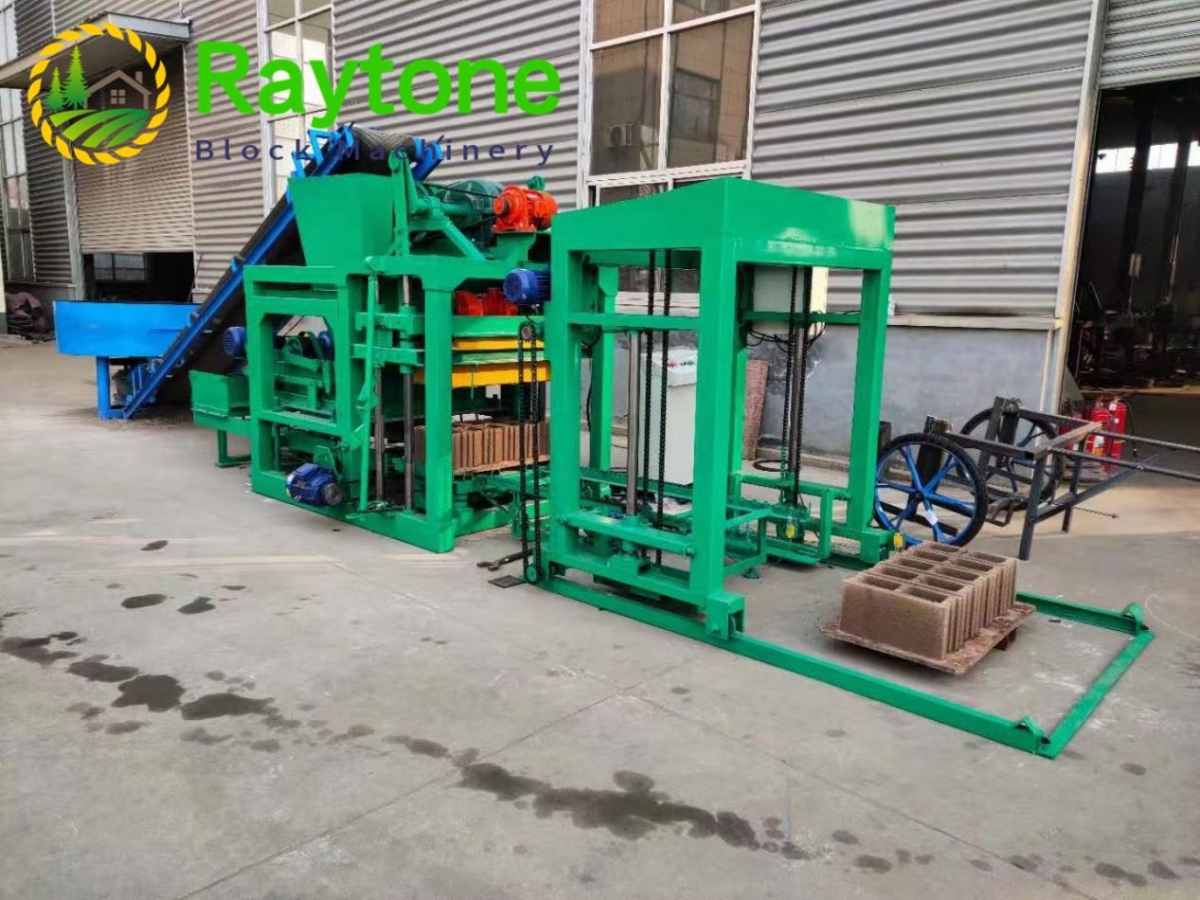
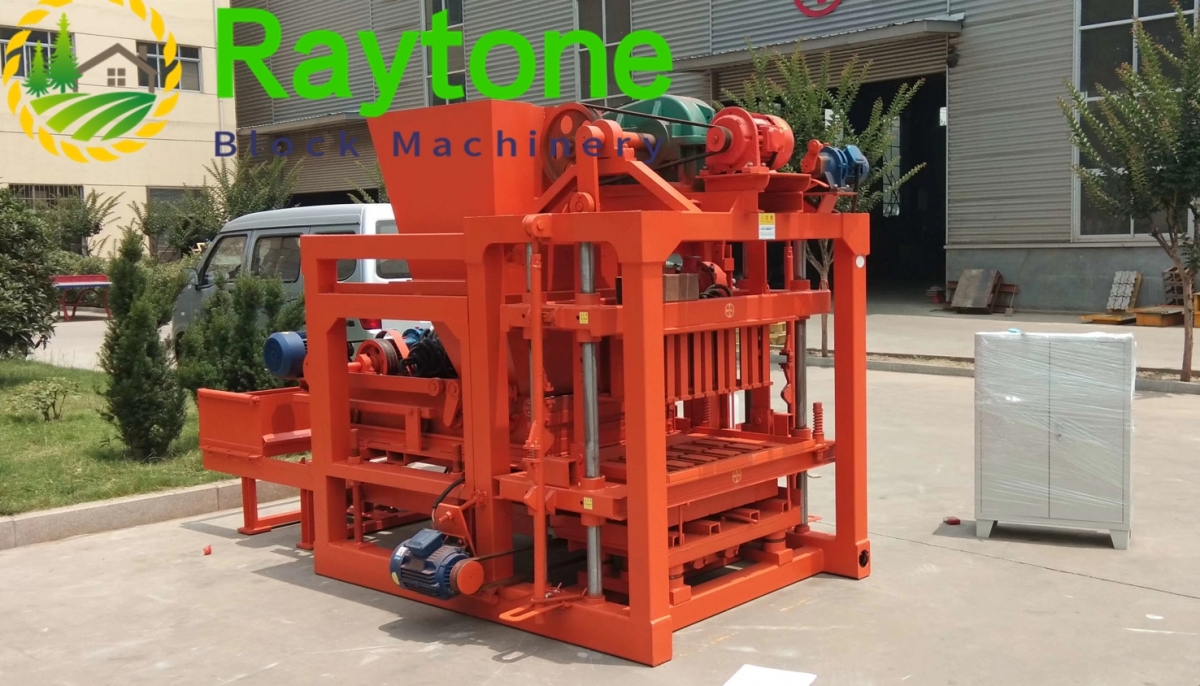
| Feeding Capacity | 835L | Discharging Capacity | 552L |
| Depth | 0.5m | Motor Power | 11kw |
| Overall Size | 1500L*1500W*1350H (mm) | Diameter | 1500mm |
| Reducer | 494 reducer/ truck rear axle gear | Weight |
800kg |
The Time-Saving Features of Modern Block Machines
cement block machine FAQs Guide.
The Block machine is an innovative and advanced piece of equipment that is designed to streamline the process of creating high-quality concrete blocks. With its state-of-the-art technology and precise engineering, our Block machine offers superior performance and efficiency for any construction project. It is a versatile and reliable tool that can produce a wide range of block sizes and shapes, making it perfect for various applications, including residential and commercial buildings, road and sidewalk construction, and more. Combined with its durability and ease of use, our Block machine is the ideal solution for your block-making needs. Join the countless satisfied customers who have experienced the benefits of our Block machine and take your construction projects to the next level.
2.About cement block machine customization services
3.Can a cement block machine produce different sized blocks?
4.How does a cement block machine deal with unwanted air pockets in the blocks?
5.What are the maintenance costs associated with running a cement block machine?
6.Can a cement block machine be used in cold weather conditions?
7.Can a cement block machine be used to produce other building materials besides blocks?
8.Can a cement block machine be used in combination with other building techniques?
9.What is the level of precision and accuracy in the production of blocks with a cement block machine?
10.Can a cement block machine be connected to other construction equipment for seamless production?
11.Can a cement block machine be used for multiple types of construction projects?
12.Can a cement block machine be operated by one person?
13.What is the size and weight of a typical cement block machine?
1.How does a cement block machine handle waste materials?
We focus on innovation and continuous improvement to maintain a competitive advantage.
A block machine is designed to process waste materials into usable building blocks. The machine typically consists of a hopper, a crusher, a mixer, a conveyor, and a press. The hopper is used to feed the waste materials into the crusher, which breaks them down into smaller pieces. The mixer then combines the crushed materials with a binding agent, such as cement, to form a homogenous mixture. The conveyor then transports the mixture to the press, which compresses it into blocks of the desired shape and size. The blocks are then cured and ready for use.
2.About cement block machine customization services
Block machine customization services are designed to help businesses create custom-made block machines that are tailored to their specific needs. These services can include the design and engineering of the machine, the fabrication of the components, and the installation and maintenance of the machine. The customization services can also include the development of software and hardware to control the machine, as well as the integration of the machine into existing production lines. The customization services can also include the development of custom-made parts and components for the machine, as well as the development of custom-made tools and fixtures for the machine.
3.Can a cement block machine produce different sized blocks?
cement block machine is not a product only, but also can help you comes to money-making.
Yes, a block machine can produce different sized blocks. Depending on the type of block machine, it can be adjusted to produce blocks of different sizes. Some block machines are designed to produce blocks of a specific size, while others are adjustable to produce blocks of different sizes.
4.How does a cement block machine deal with unwanted air pockets in the blocks?
A block machine typically has a vibration system that helps to remove any unwanted air pockets in the blocks. The vibration system helps to compact the material and fill any voids that may be present. The vibration system also helps to ensure that the blocks are of a consistent density and strength.
5.What are the maintenance costs associated with running a cement block machine?
The maintenance costs associated with running a Block machine will vary depending on the type of machine and its age. Generally, maintenance costs can include regular oil changes, filter replacements, lubrication, and other routine maintenance. Additionally, more complex repairs such as replacing worn parts or repairing electrical components may be necessary. Depending on the machine, these repairs can be costly.
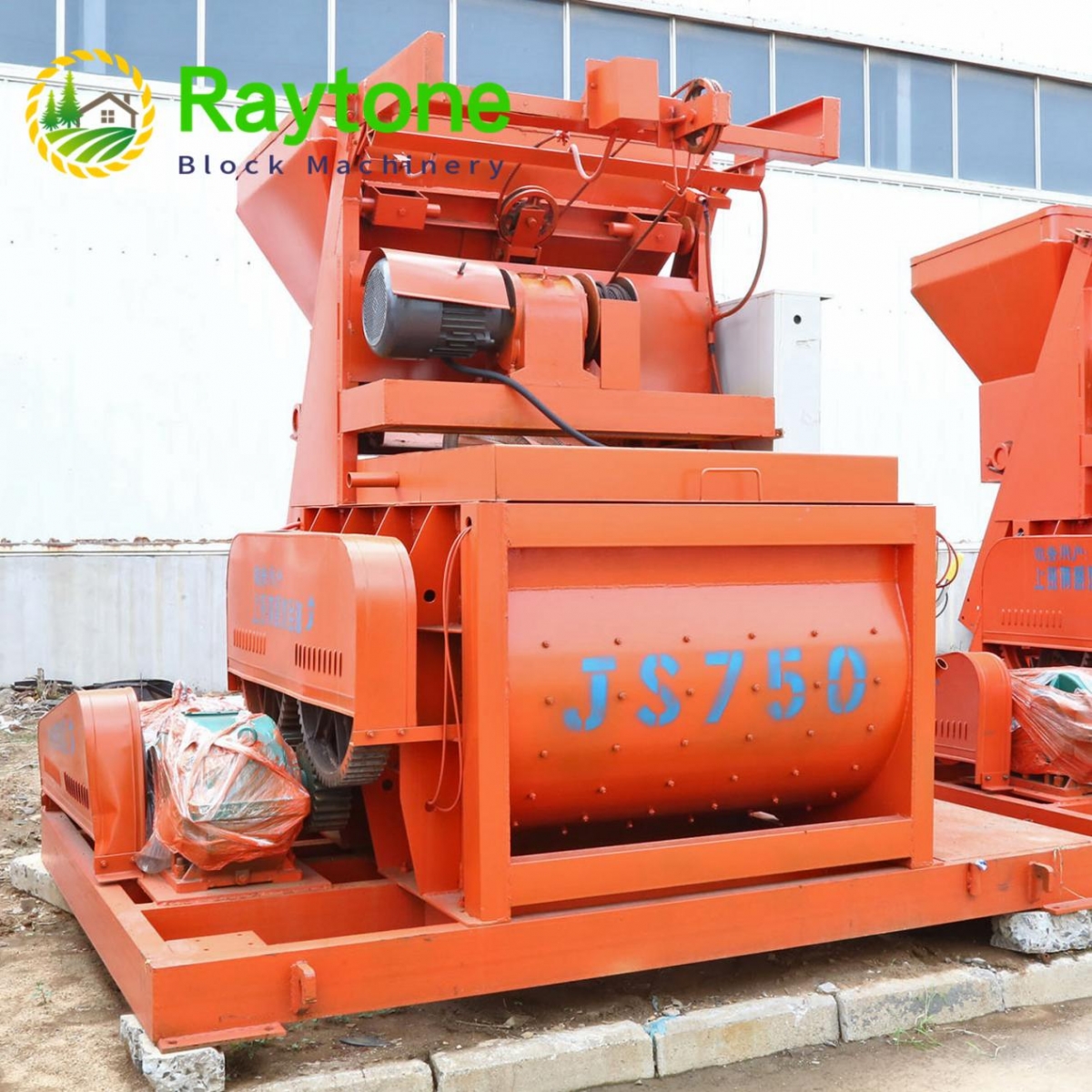
6.Can a cement block machine be used in cold weather conditions?
Yes, a block machine can be used in cold weather conditions. However, it is important to ensure that the machine is properly insulated and heated to prevent any damage from the cold temperatures. Additionally, it is important to ensure that the machine is properly lubricated and maintained to ensure that it is functioning properly in cold weather conditions.
7.Can a cement block machine be used to produce other building materials besides blocks?
Yes, a block machine can be used to produce other building materials such as pavers, bricks, tiles, and even roof tiles.
8.Can a cement block machine be used in combination with other building techniques?
Yes, a block machine can be used in combination with other building techniques. For example, a block machine can be used to create the walls of a building, while other building techniques such as steel framing, masonry, and wood framing can be used to create the roof and other structural elements. Additionally, a block machine can be used to create decorative elements such as columns, arches, and other architectural features.
9.What is the level of precision and accuracy in the production of blocks with a cement block machine?
The level of precision and accuracy in the production of blocks with a Block machine depends on the type of machine and the quality of the components used. Generally, modern block machines are capable of producing blocks with a high degree of accuracy and precision. The accuracy of the blocks produced can be further improved by using higher quality components and calibrating the machine regularly.
10.Can a cement block machine be connected to other construction equipment for seamless production?
We focus on our customers’ needs and strive to meet their expectations, so we take this very seriously.
Yes, a block machine can be connected to other construction equipment for seamless production. This is done by using a conveyor system to move the blocks from the block machine to other construction equipment, such as a mixer, for further processing. This allows for a more efficient and automated production process.
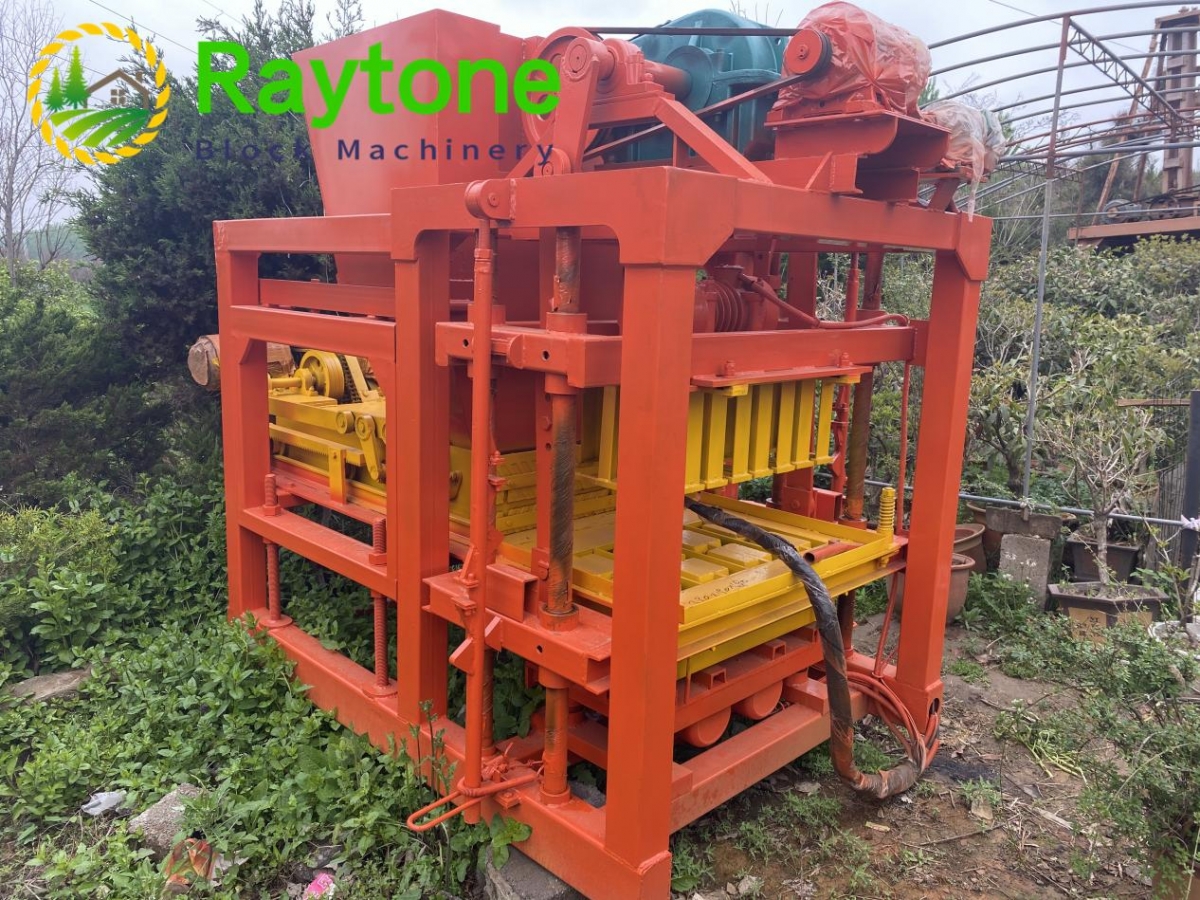
11.Can a cement block machine be used for multiple types of construction projects?
We have established a good reputation and reliable partnerships within the cement block machine industry.
Yes, a block machine can be used for multiple types of construction projects. Block machines are versatile and can be used to produce a variety of concrete blocks, including hollow blocks, paving blocks, curbstones, and more. They can also be used to produce other concrete products such as pavers, tiles, and slabs.
12.Can a cement block machine be operated by one person?
Yes, a block machine can be operated by one person. However, it is recommended that two people operate the machine for safety reasons.
13.What is the size and weight of a typical cement block machine?
The size and weight of a typical block machine will vary depending on the type and model of the machine. Generally, block machines range in size from about 4 feet wide by 8 feet long to 8 feet wide by 20 feet long. The weight of a typical block machine can range from 1,000 to 10,000 pounds.
